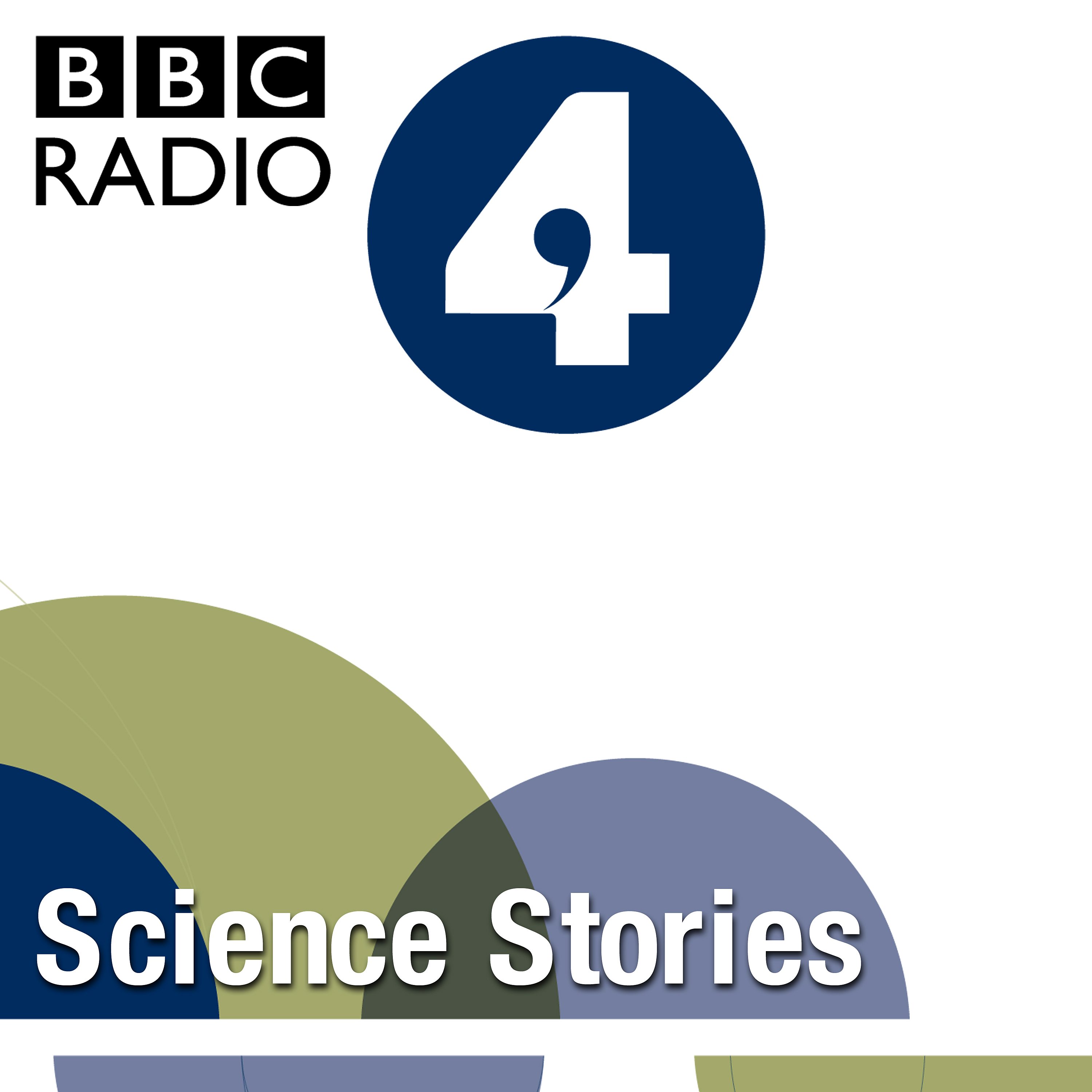Madame Lavoisier's Translation of Oxygen
Description
Philip Ball tells the story of Madame Lavoisier; translator of oxygen. At a time when science was almost a closed book to women, Madame Marie Anne Lavoisier’s skills were indispensable. A translator, illustrator and critic of scientific papers, she learnt chemistry herself and helped her husband Antoine Lavoisier develop his theory of the role played by oxygen in combustion. As modern science was taking shape it lacked any universal language, so communication in many tongues was vital to stay ahead of the game. Even today there is debate as to who can really be considered the discoverer of oxygen, but Madame Lavoisier’s gift for translation helped her husband compete against English rivals and banish their theories. Come the French Revolution however, Anton was branded a traitor to the state and sentenced to death. By a cruel twist of fate Marie lost both husband and father to the guillotine on the same day.
Philip Ball talks to Patricia Fara at the University of Cambridge, about the largely unrecognised contribution that women like Marie Anne Lavoisier made to the early days of modern science, and to Michael Gordon of Princeton University about the importance of scientific translation in the past and how it features today,
More Episodes
Published 09/10/19
Philip Ball tells the story of Alexis Carrel, the French surgeon who worked to preserve life outside the body and create an immortal chicken heart in a dish. His quest was to renew ageing flesh, repair and rebuild our bodies and keep them healthy far beyond the usual human lifespan. In the early...
Published 09/10/19
Philip Ball tells the story of Ramon Llull, the medieval prophet of computer science. During the time of the Crusades Llull argued that truth could be automated and used logic over force to prove the existence of the Christian God. It was a dangerous idea that got him thrown into prison and...
Published 09/03/19


